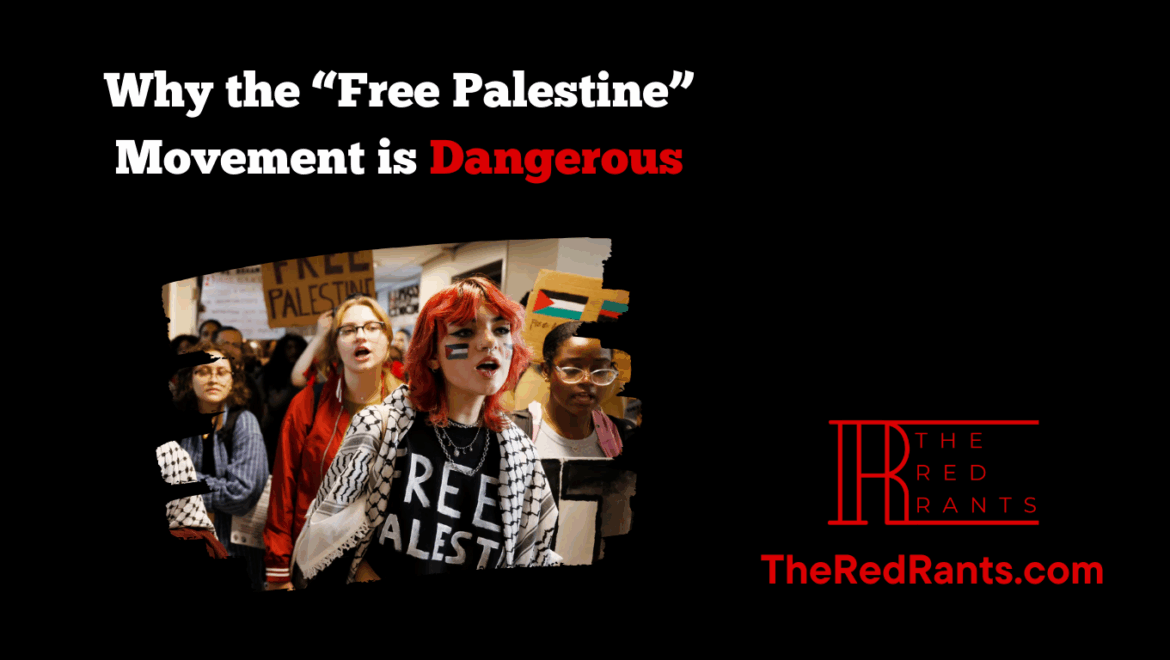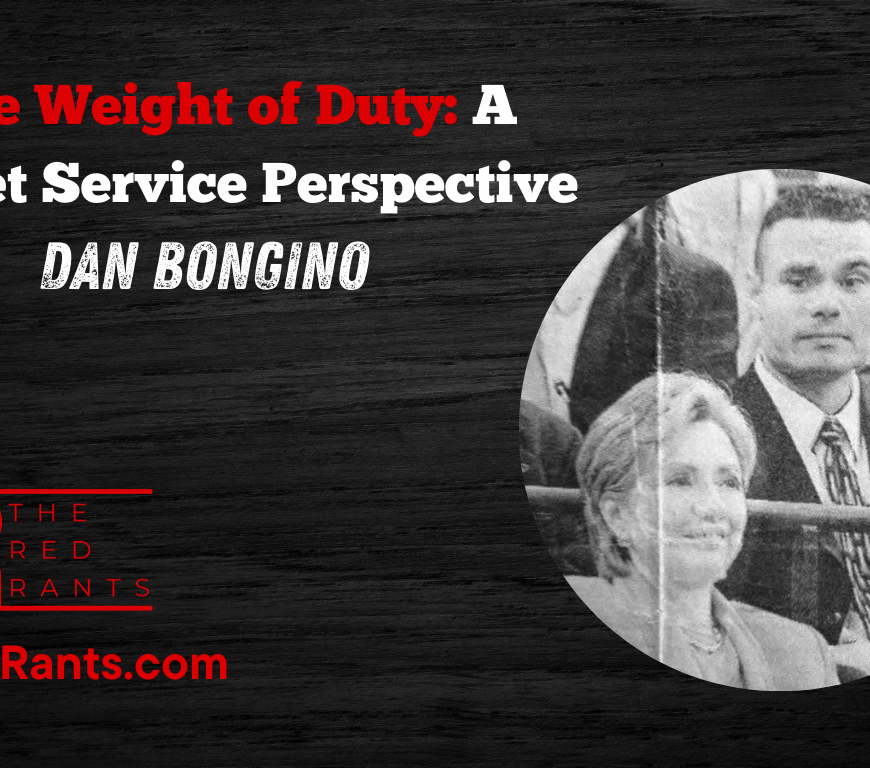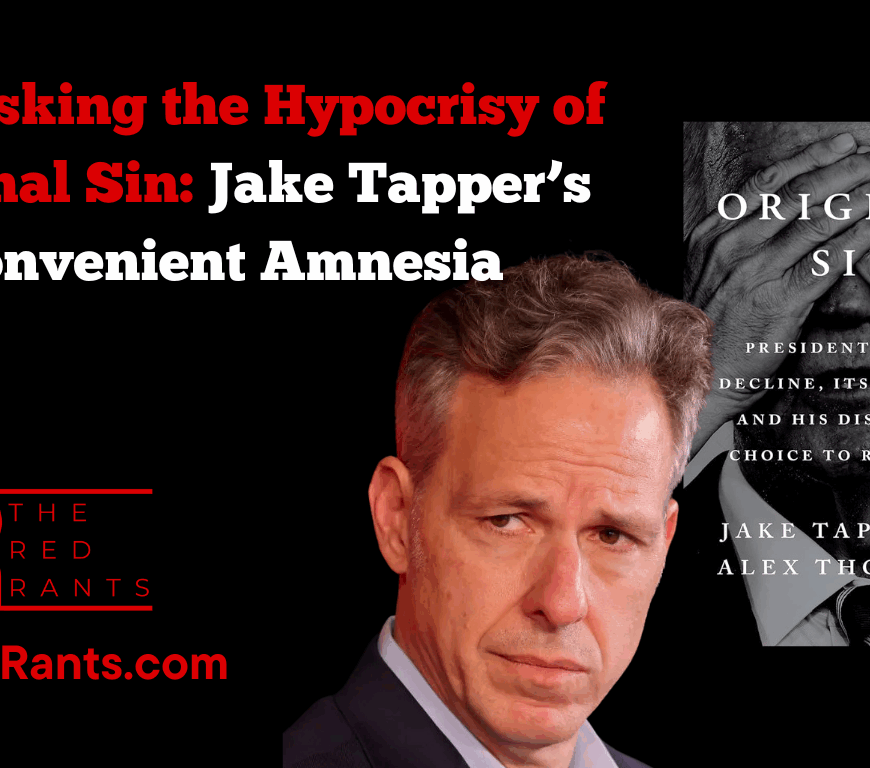The “Free Palestine” movement has surged on college campuses, with students chanting slogans like “From the river to the sea, Palestine will be free.” While many activists are motivated by a sense of justice, the movement’s rhetoric and ideological ties pose significant dangers, particularly due to the lack of understanding among its supporters about the conflict’s historical, religious, and political complexities.
The Meaning of “From the River to the Sea”
The slogan “From the river to the sea” refers to the land between the Jordan River and the Mediterranean Sea, encompassing all of Israel, the West Bank, and Gaza. Popularized by groups like Hamas and the PLO, it calls for the replacement of Israel with a Palestinian state. This is not a plea for coexistence but a rejection of Israel’s existence, ignoring the Jewish people’s historical and biblical ties to the land. Many students, unaware of the phrase’s origins, chant it as a vague call for liberation, not realizing it advocates for the elimination of a sovereign nation.
Religious Underpinnings and Extremism
The movement often aligns with Islamist ideologies, particularly those of Hamas, a terrorist organization whose charter calls for jihad and Israel’s destruction, rooted in a radical interpretation of Islam. While not all Palestinians share this view, the movement’s loudest voices often amplify these extremist elements. Many college students, often secular and unfamiliar with Islamic theology or Middle Eastern history, fail to recognize how their activism may inadvertently support groups that promote violence and intolerance.
Two Israeli diplomats were just gunned down in D.C. by a pro-Hamas communist who shouted “Free Palestine.”
— Laura Loomer (@LauraLoomer) May 23, 2025
On Loomer Unleashed, we’ve been sounding the alarm for months, documenting pages of footage showing this growing Islamo-Marxist alliance: Hamas flags, anti-Trump mobs,… pic.twitter.com/llADB09M3S
Ignoring Palestinian Governance Issues
The movement rarely addresses the realities of Palestinian governance. Hamas’s rule in Gaza involves authoritarianism, suppression of dissent, and the use of civilians as human shields. The Palestinian Authority in the West Bank is marred by corruption and human rights abuses. Yet, campus protests often focus solely on Israel, ignoring these issues and rejecting the broader context of terrorism against Israeli civilians and Palestinian leadership’s refusal of peace offers.
Radicalization and Campus Division
The movement’s rhetoric risks radicalizing students and stifling open dialogue. Jewish students and faculty often face harassment for expressing pro-Israel views or simply for being Jewish, creating a chilling effect on campuses. The movement’s ties to anti-Western and anti-Semitic ideologies further alienate potential allies, undermining prospects for balanced peace discussions.
Video on left is of the Sydney Opera House where they were chanting “Gas the Jews.”
— רחל (@AmIsraelChai_) May 17, 2025
Photo on the right: Students at the University of Sydney turn their backs on Jewish students addressing antisemitism and hate crimes against Jews on campus.
What is wrong with Australia? pic.twitter.com/yJJyrHVILL
Final Thoughts
The “Free Palestine” movement, while appealing to students’ sense of justice, oversimplifies a complex conflict and amplifies dangerous ideologies. Its slogans and selective narratives ignore the realities of the region and risk fostering division and extremism. Students must engage with the conflict’s full context—historical, religious, and political—to avoid becoming unwitting supporters of a movement that undermines peace and understanding.
Let us know your thoughts.




Add Comment